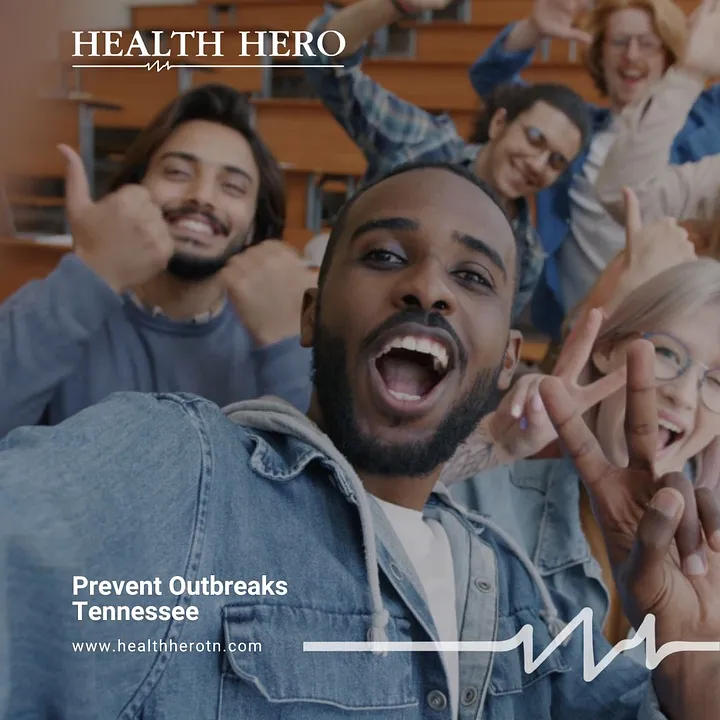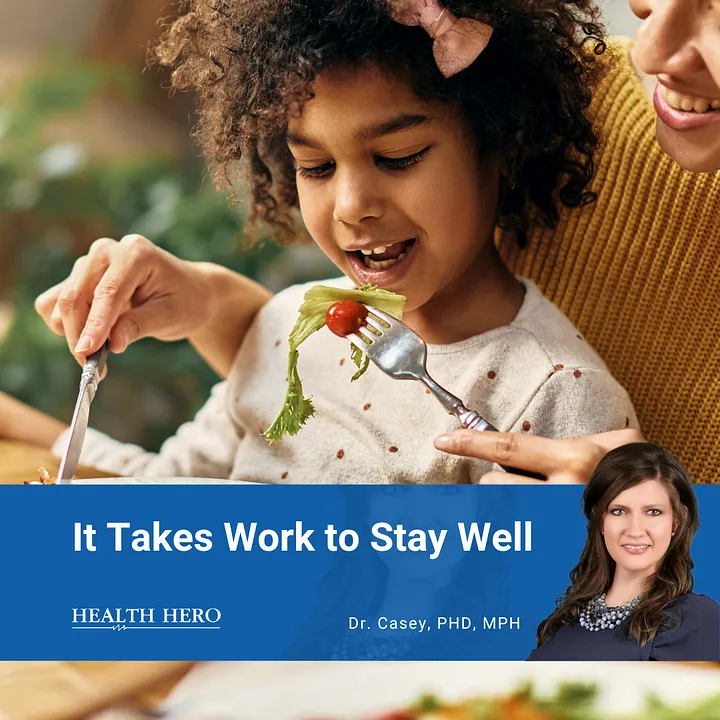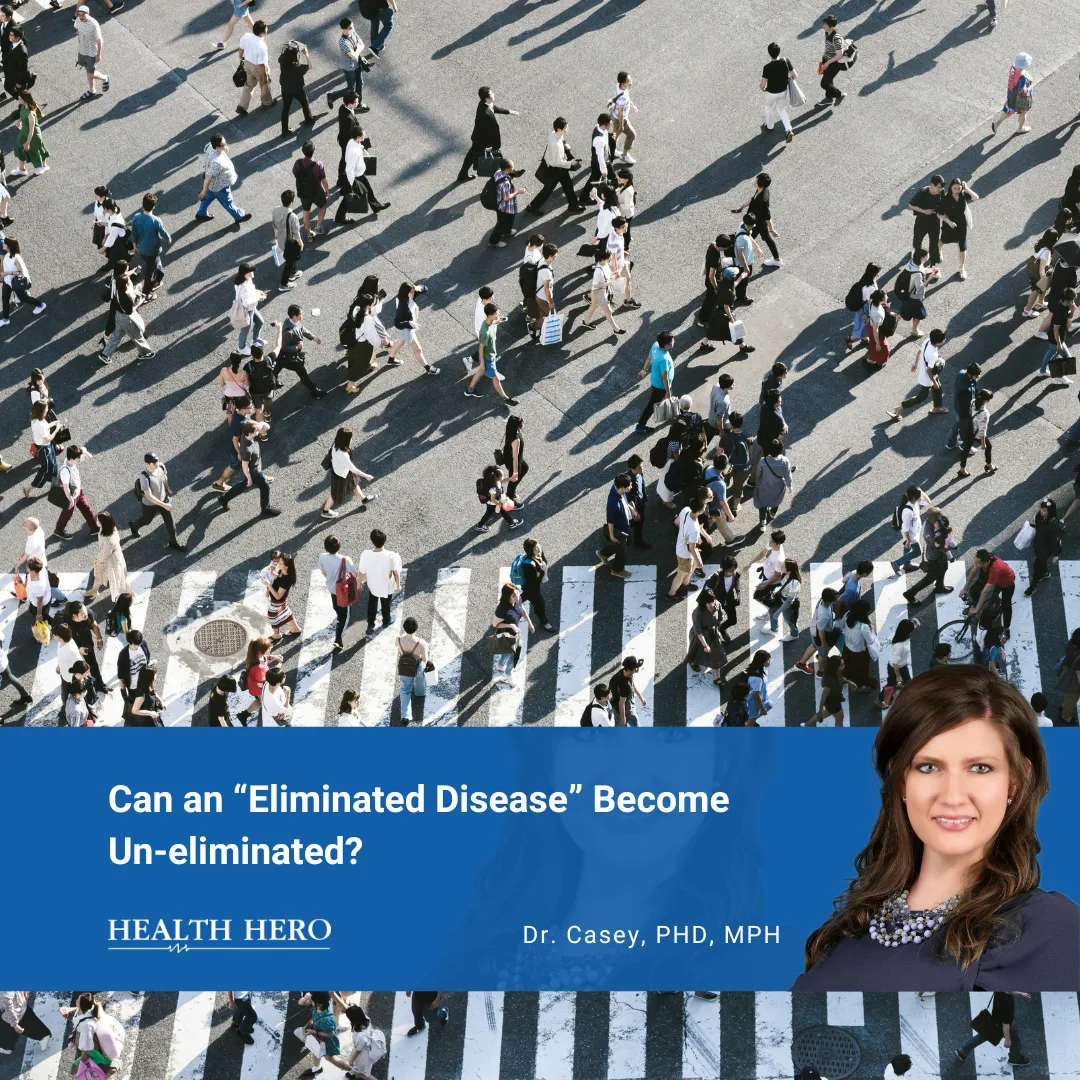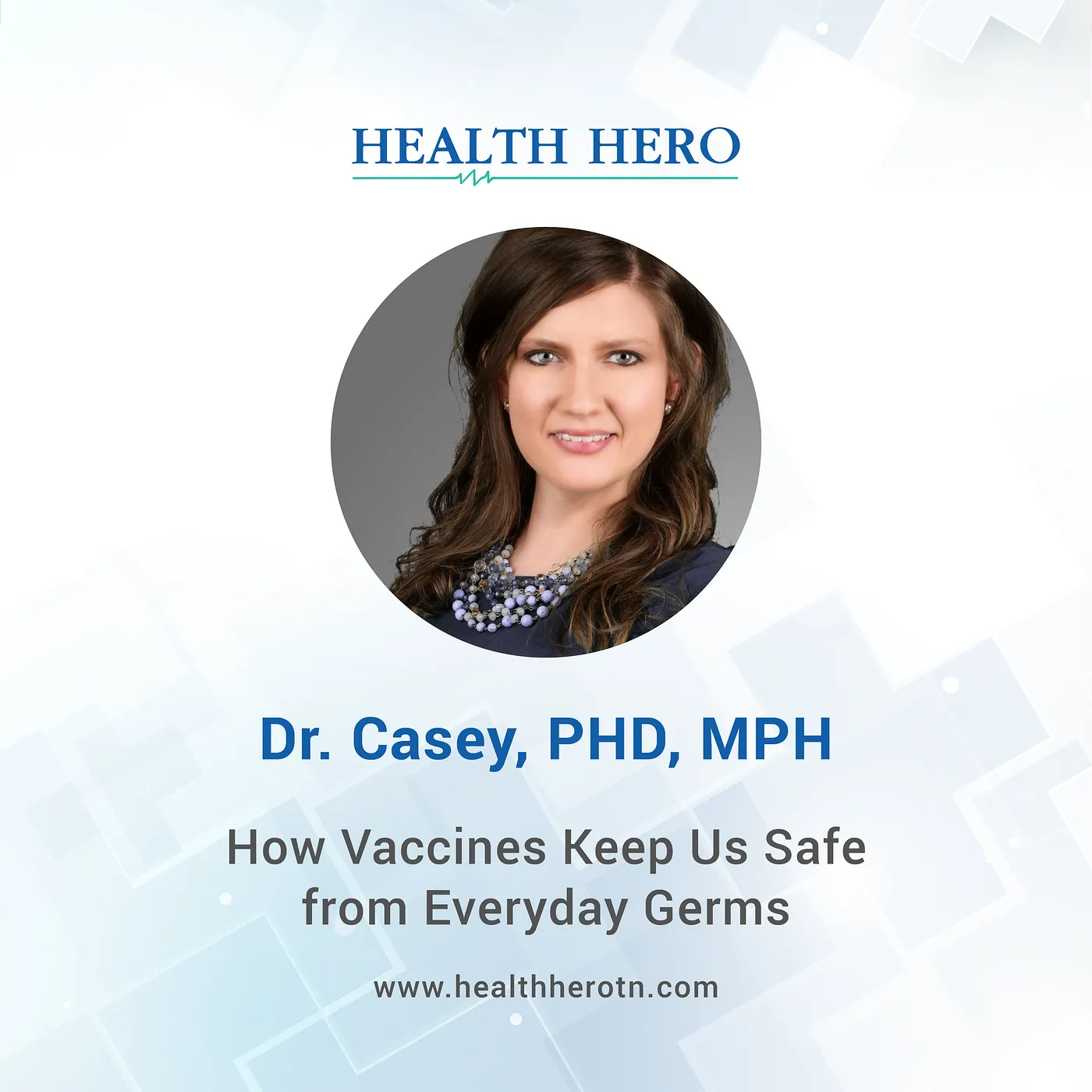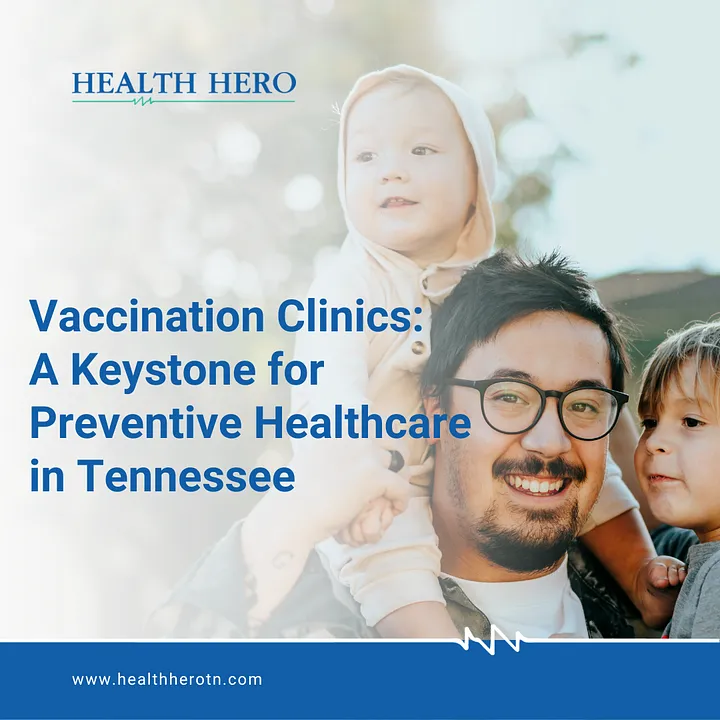Did you know that there are certain diseases that are considered eliminated in some parts of the world? If you are anything like me or my students, your first thought might be — How? Or maybe just — Wow. Or, I am sure there are plenty of people out there whose first thought is — Prove it, and/or — Yeah, right. Regardless, it is a pretty amazing concept to think about: Eliminating. A. Disease. But before I get too far ahead of myself, I want to explain what I mean by “elimination.”
Control, Eliminate, Eradicate
These are three important terms in public health and in general healthcare when it comes to diseases, so I want to take a minute to explain them one at a time.
Control. Control means using treatment and taking actions to make the outcomes of a disease better and to minimize its spread. Think about influenza (the flu), for example. Seasonal flu comes around every year, and we cannot completely prevent it (although vaccines help a lot!). So, we control the flu by doing things like: avoiding contact with people who are sick, washing our hands frequently, and disinfecting shared surfaces, among other things.
Eliminate. Elimination means stopping a certain disease from being transmitted in a specific location or area, but not removing the disease worldwide. Basically, clearing a region of a specific disease. In the United States, we can thank Dr. Jonas Salk and the vaccine he developed for eliminating polio. Actually, polio has been eliminated from almost every country in the world, which is a good lead in to the next term…
Eradicate. A disease is declared eradicated when it is not found or transmitted anywhere in the world. It seems practically impossible. In fact, only two infectious diseases have been completely eradicated…ever. The only human disease that has been officially eradicated is smallpox (in 1980). I will probably come back to smallpox sometime because it is a fascinating and amazing journey, but for now, the main thing to know is that, thankfully, it is something we do not have to worry about!
What Diseases Have Been Eliminated in the U.S.?
In the U.S., the following human diseases are considered eliminated: smallpox, malaria, polio, rubella, mumps, diphtheria, and measles, with several other diseases close to reaching that status. This means that, even though there might be some cases of these diseases here and there, there have been no ongoing disease transmissions for over a year. We have had so much success eliminating many of these diseases largely thanks to vaccines that have given people protection from being infected. However, back to our original question…
Can a Disease Lose Its Elimination Status?
Unfortunately, the answer is YES. Elimination does not mean that a disease cannot come back to a region or area, but usually, cases of that disease would come in from another place (like visitors bringing germs along). When an event like this happens, the next steps really depend on what the community is like. For example, if visitors bring in a few cases of the mumps, but members of the community are all up to date on their vaccines (which include mumps), then these outsider cases probably won’t have a huge effect on the people there. However, if members of the community have started thinking they aren’t at risk for mumps because no one ever gets it where they live, and they have stopped getting vaccinated for it, then they are far more likely to catch the mumps that are now in their area, and to spread it to others who have lowered their guards and stopped vaccinating.
Why Is This Important Right Now?
Understanding the importance of how diseases spread — and right under our noses without us suspecting anything — is critical. Right now, we are seeing an example of this every day when it comes to the measles. As a refresher, measles is a serious, even life-threatening virus that is mainly transmitted through the air (when people cough or sneeze, for example) and through other close contact. Measles is one of the most contagious of all infectious diseases! The Centers for Disease Control and Prevention (CDC) say that up to 9 out of 10 susceptible people who have close contact with a measles patient will develop measles. The disease is especially common among children, but measles can be prevented through a combined vaccine often called “MMR” (meaning it vaccinates against measles-mumps-rubella). Just one does of MMR vaccine is around 93% effective at preventing measles!
In fact, in large part due to measles vaccines, measles was declared eliminated in the U.S. in 2000. Unfortunately, the case isn’t closed. Right now, we are getting closer and closer to measles being “un-eliminated” in the U.S. as the numbers of measles cases continues climbing. Between January 1, 2020 and March 28, 2024, the US has had 338 documented cases of the measles. But, 29% of those cases were in just the first quarter of 2024, which is not a good sign for case numbers for the rest of the year.
Some important things to know are that, of the 338 measles cases, two out of three patients (68%) were unvaccinated for measles. Another 29% of these cases did not know if they had been vaccinated or not, showing how important it is to know our own medical history and advocate for ourselves. Unfortunately, the numbers given here reflect the general population’s prevention, as measles vaccinations have been steadily decreasing for several years.
The Double-Edged Sword of Successful Disease Prevention
This is what I tend to think of as a double-edged sword in the amazing job that public health and medicine have done in eliminating measles in the U.S. It is remarkable that, in the present day, the risk of measles is so low that most people have gone their whole lives without experiencing or even seeing the life-threatening effects of measles. While that is a huge achievement, it tends to lower the population’s guard for protecting against the disease. People are less likely to understand how severe measles can be. And because people do not feel as threatened by measles, they are less likely to take preventive actions like vaccination. When something seems less “real,” or like it doesn’t apply to us, we are not motivated to take action, and this applies far beyond health. For example, I am probably not actively thinking about what kind of maintenance I could or should be doing for my car on a daily basis. I am triggered to action when a “change oil” light comes on. It’s not that I don’t like my car or am just lazy; it is more that, as a society, we have so many things going on at once, that many things do not get our attention until they become a problem or we feel threatened.
So what is critical, is that we don’t fall into the trap of false security just because things seem stable. We cannot treat our health, and the health of others, as a guarantee until it’s not. Because one day, it is possible, and even likely, that there could be a resurgence, change, or unexpected happening in health as we know it, and we want to be protected and to protect others if and when that happens. We should never pass up opportunities to prevent diseases when they are easily available. We should always hope and strive for the best, but prepare for anything we can.
. . .
For More Information
To read more about polio and the development of its life-saving vaccine, check out the World Health Organization’s page: History of the Polio Vaccine
https://www.who.int/news-room/spotlight/history-of-vaccination/history-of-polio-vaccination#:~:text=By%201994%2C%20polio%20had%20been,in%20less%20than%202%20decades.
To read about the crusade against and successful defeat of smallpox, head to the Centers for Disease Control and Prevention site and take a look at their History of Smallpox page. It is pretty incredible to see what humans were able to accomplish with the world working together!
https://www.google.com/search?q=when+was+smallpox+eradicated&rlz=1C1GCEB_enUS1070US1070&oq=when+was+small&gs_lcrp=EgZjaHJvbWUqBwgAEAAYgAQyBwgAEAAYgAQyBggBEEUYOTIHCAIQABiABDIHCAMQABiABDIHCAQQABiABDIHCAUQABiABDIHCAYQABiABDIHCAcQABiABDIHCAgQABiABDIHCAkQABiABNIBCDI3NTRqMGo3qAIAsAIA&sourceid=chrome&ie=UTF-8
To read a lot more information about measles and vaccination and see where I found some of my information for this post, visit the “Measles (Rubeola)” page on the CDC website:
https://www.cdc.gov/measles/index.html
. . .
About Dr. Casey
Dr. Casey, PhD, MPH, is Director of Epidemiology and Public Health and associate professor of family medicine at the University of South Alabama Whiddon College of Medicine with a concurrent appointment in USA Health Mitchell Cancer Institute’s Division of Cancer Control and Prevention; she is also Director of the Masters of Public Health Program at Spring Hill College. Dr. Casey holds a masters and doctoral degrees in Public Health from the University of Alabama at Birmingham and a postdoctoral fellowship at Harvard T.H. Chan School of Public Health.
Her research interests include behavioral epidemiology, childhood/adolescent vaccination, cancer prevention, health communication, and reducing health disparities, emphasizing rural settings. Dr. Casey is a staunch advocate for increasing vaccination to lower rates of preventable diseases; she has led several studies to improve vaccine uptake.
Dr. Casey has held top leadership roles with non-profit organizations such as VAX2STOP CANCER, was elected Chair of Alabama’s Cancer Control Coalition, and is on the executive committee of Alabama’s vaccination task force. She is active in many prominent organizations, including the American Public Health Association and Society of Behavioral Medicine. With over 50 scientific publications and numerous national presentations, and invited talks, Dr. Casey is a widely respected expert in the field of vaccination.


